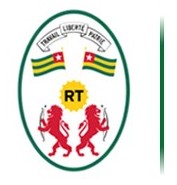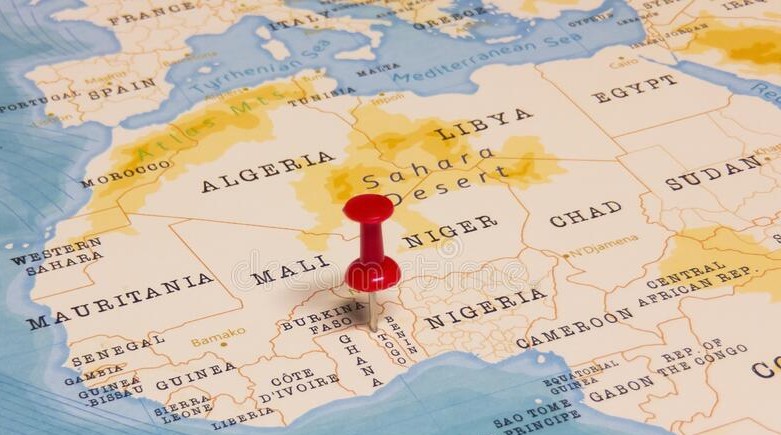Togo’s economy is diverse and includes the following sectors :
Agriculture
It holds a dominant role due to the fact it occupies the majority of the population and provides 42% of national wealth.
The main crops are millet, sorghum, maize, yam, cassava, cocoa, coffee, shea and cotton which remains the main industrial crop and the first agricultural export. Since 2006, the Government of Togo has embarked on the industrialization of agriculture and began its mechanization particularly in the context of the National Agricultural Investment and Food Security Programme (PNIASA).
Only 25% of arable land in Togo is exploited.
Mines
Togo has oil offshore and also marble, attapulgites, manganese, limestone, iron, peat, gold, uranium, and particularly a huge phosphate deposit whose production can reach to 3.4 million tons per year, representing more than 40% of export earnings.
Energy
Nangbéto hydroelectric dam on the Mono River (jointly implemented by Benin and Togo) provides for 10% of the electricity consumption of Togo, while 70% thereof are covered by Ghana. A thermal power plant built in 2010 by GLOBAL CONTOUR helps reduce the country’s energy deficit. Nevertheless the needs are markedly above the offer.
To cover this gap, Togo has liberalised the sector by ending the monopoly of the Benin Electric Company (CEB), thus having an opportunity to adapt to the market and have access to electricity at lowest price.
Port, road and rail infrastructure
The autonomous Port of Lomé is the only deep water port in the sub region. It has infrastructure and facilities that are perfectly adapted to diversified traffic, including a set of docks of more than 1,752 meters to accommodate up to 10 ships at once and a second containers terminal with a storage area of 36 hectares equipped with a dozen modern gantries and cranes for quality handling.
This set of infrastructure combined with the introduction of the Single Window System for Export, helped reduce to 72 hours’ files processing and goods exit time.
In terms of road infrastructure, the North-South trunk road linking Lomé to Burkina Faso border, is the road by which Togo carries trade with the Sahelian countries. As for the rail network made up of 340 km of railways and whose main section is 276 km long (Lomé / Atakpamé / Blitta), it requires total rehabilitation.
BUSINESS-FRIENDLY ENVIRONMENT FOR LOCAL & FOREIGN INVESTORS IN TOGO
Customs Administration
Togo has established a Single Window system for customs administration as well as paperless trade processes in order to boost cross-border and international trade.
Commercial Justice
Besides the “Court of Arbitration and Conciliation of Togo” (CATO) with its newly established alternative measures for commercial disputes settlement, the Togolese Government has modernised the judiciary system which resulted in improved commercial justice environment along with speedy and more efficient procedures. These measures make it easier for businesses to cope with their commercial cases, thereby increasing investor confidence.
Modernising government systems
The efforts of the Government also include the modernisation of its systems so as to reduce bureaucracy, increase transparency and lower administrative costs to both businesses and Government.
It is worth noting that in almost every area, Togo has enhanced operating conditions for private entreprises, removed several obstacles to domestic and foreign investment, thus becoming an attractive investment destination.
Useful links :







